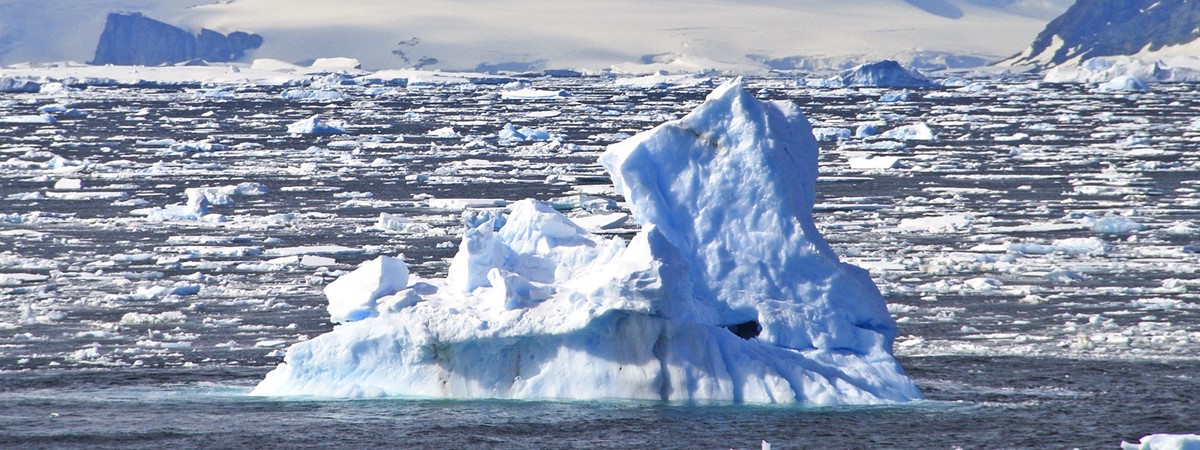The government is setting up a £1bn fund for innovators to develop technologies that will help developing countries tackle climate change issues.
Prime Minister Boris Johnson is expected to call for greater global action to tackle the twin threats of climate change and biodiversity loss at the United Nations General Assembly in New York.
Some 60 world leaders are meeting to discuss the “climate emergency” in an attempt to reinvigorate the Paris Agreement, although US President Donald Trump and President Jair Bolsonaro of Brazil will be noticeably absent.
The Ayrton Fund will consist of aid money for British and foreign scientists and engineers to develop new clean-energy technology in partnership with developing countries.
It is named after British physicist and suffragette Hertha Ayrton, whose work on electricity led to her being elected the first female member of the Institution of Electrical Engineers (a precursor of the IET) in 1899.
The fund aims to cut emissions by means including providing affordable access to electricity to some of the one billion people who are still off the grid, and designing low-emission vehicles.
“If we get this right, future generations will look back on climate change as a problem that we solved by determined global action and the prowess of technology,” Johnson said in a statement ahead of his visit to New York.
“This innovative use of aid money benefits all of us and shows how we can use our aid budget to tackle climate change. The Ayrton Fund will back scientists and our world-leading tech industry – reducing emissions in the poorest countries with the help of our home-grown talent.”
Putting an emphasis on technology’s potential to answer the climate emergency, Johnson will also announce a further £220m from the overseas aid budget to save endangered species from extinction.
But environmental groups warned that changes to economic policies were essential to thwart environmental disaster, rather than relying solely on technology.
WWF UK welcomed the “important acknowledgement” of the scale of the crisis but warned that funding new technologies alone is not enough to solve the “planetary emergency”.
The PM will make the commitments at the UN General Assembly where he will also hold joint Brexit talks with French President Emmanuel Macron and German Chancellor Angela Merkel.
Merkel announced climate change measures on Friday after intense discussions with her Social Democrat coalition partners that will see an initial carbon price of €10.
The system will be based on a trade in emissions certificates under the EU’s emissions trading scheme. The current cost of a tonne of CO2 is €26.30 and the government plans to raise the price to €35 by 2025 with a cap of €60.
The measures will see three eurocents added to the cost of a litre of petrol and diesel, rising to between 9 and 15 cents by 2026. VAT on rail tickets will also fall to 7 per cent from the current 19 per cent level in order to encourage public transport use.
Germany’s Greens expressed disappointment at the measures, as their push for initial carbon price of €40 was rejected.
Sign up to the E&T News e-mail to get great stories like this delivered to your inbox every day.















